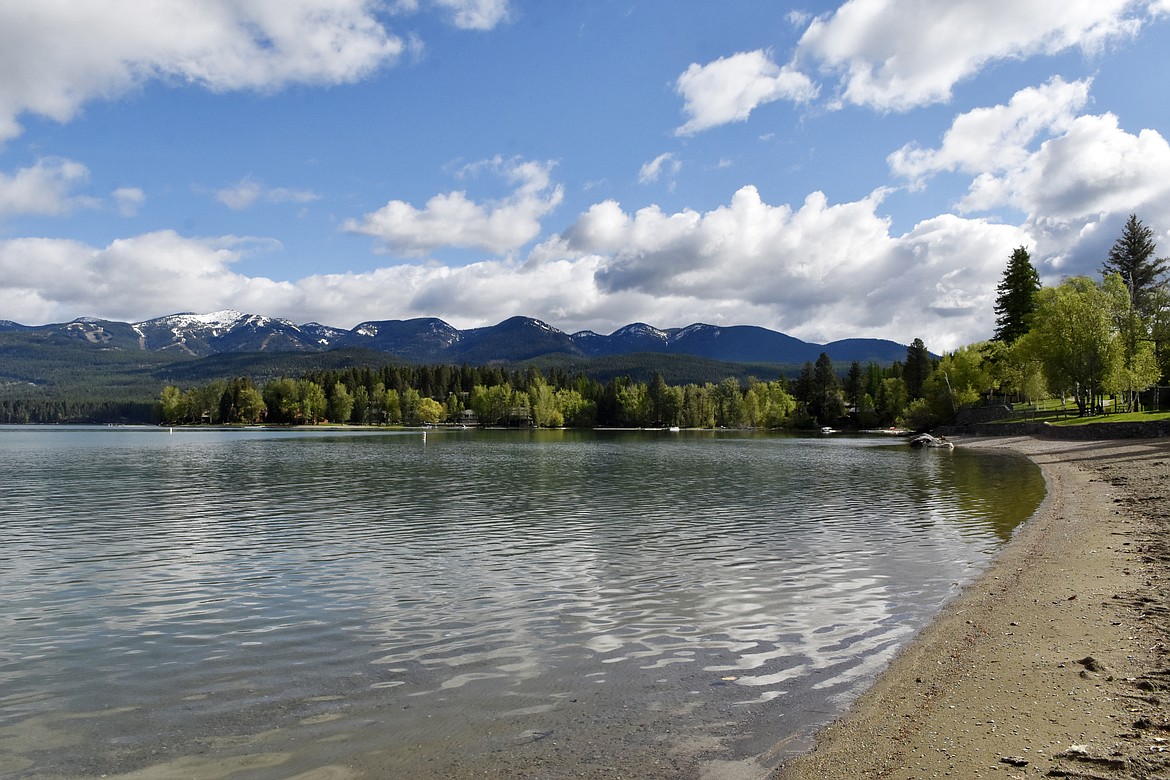Survey finds 'quality of life' reason businesses operate in Montana
A survey of Montana businesses by the University of Montana’s Institute for Tourism and Recreation Research has found that quality of life exceeds, on average, all other attributes in driving entrepreneurs to start, relocate and keep their businesses and jobs in Montana. Quality of life outpaced government incentives – typically related to taxes – 10 to one on entrepreneurs’ scale of importance, the study found.
During the winter prior to the COVID pandemic, ITRR researchers surveyed nearly 500 business owners and managers throughout the state across most industries. They were asked about what attracted them to either start a business in Montana or move an existing business to the state.
“We routinely study the current visitor to Montana and the economic impacts they and their dollars have on the state’s economy,” said Jeremy Sage, the interim ITRR director. “But with this survey, we wanted to take it another step and explore the impacts tourism has on the state through introducing potential entrepreneurs to Montana and enticing them back later in life.”
Sage and his team found that 40% of responding business owners and managers were neither born nor raised in Montana, and more than a quarter of those indicated they had vacationed in the state prior to deciding to move here. This means that about 10% of businesses in Montana (excluding agriculture, mining and timber) are owned or operated by an individual who decided to move themselves and their business here after first being a tourist.
Whether the business owner was a Montana native or otherwise enticed here, ITRR sought to understand the important attributes of the state and communities in encouraging business development. Respondents to the survey were provided the opportunity to first identify the importance of 24 different attributes, ranging from tax incentives and labor costs to public schools and safety.
The top six scoring attributes were, in descending order: proximity to customers, personal safety, cost of living, air and water quality, rural lifestyle and public lands. On the opposite end, the lowest scoring attributes included energy costs, natural resources as inputs and overall costs of doing business. In fact, 57% of respondents indicated that the cost of doing business was not at all important in their decision to locate in Montana.
Sage identified that questions in surveys asking respondents to identify the importance of various items is only so useful in comparison across those items.
“We wanted to take this a step further and ask our respondents to prioritize the various attributes by allocating 100 points across a set of items,” he said. “This gives us a much better way to gauge the relative importance of each one.”
When ITRR researchers did this, quality of life jumped to the top of the list, garnering on average 34 points, whereas government incentives received just three. When further asked to parse out what was important, quality of life, outdoor recreation, parks and open space lead the way, followed closely by cost of living.
Sage said they intentionally left out agriculture, mining and forestry, not because they are not important, but because they were interested in those businesses who are more mobile and largely able to locate their businesses almost anywhere.
“We wanted to get an idea of why those businesses who could choose numerous locations chose Montana,” he said. “This then gives us great opportunities to know what to focus on and what not to as much, in trying to continue to build on the economy we had going into the pandemic. Independent of the type of group we talk to, quality of life and, in particular, the access to outdoor recreation and public lands is front-of-mind. This holds for business owners, for workers, for retirees and for our visitors.”
For the full report, visit https://scholarworks.umt.edu/itrr_pubs/409/. All ITRR reports are available online at http://itrr.umt.edu/.

